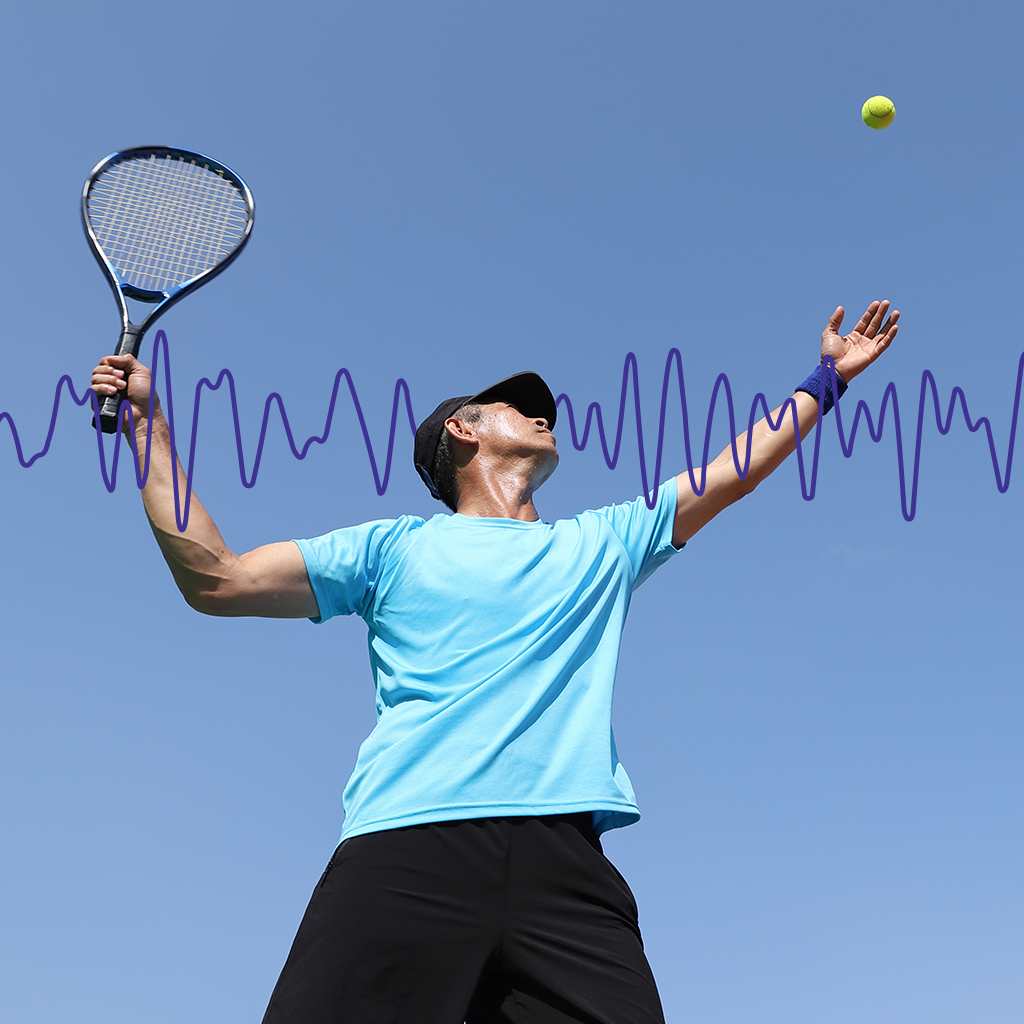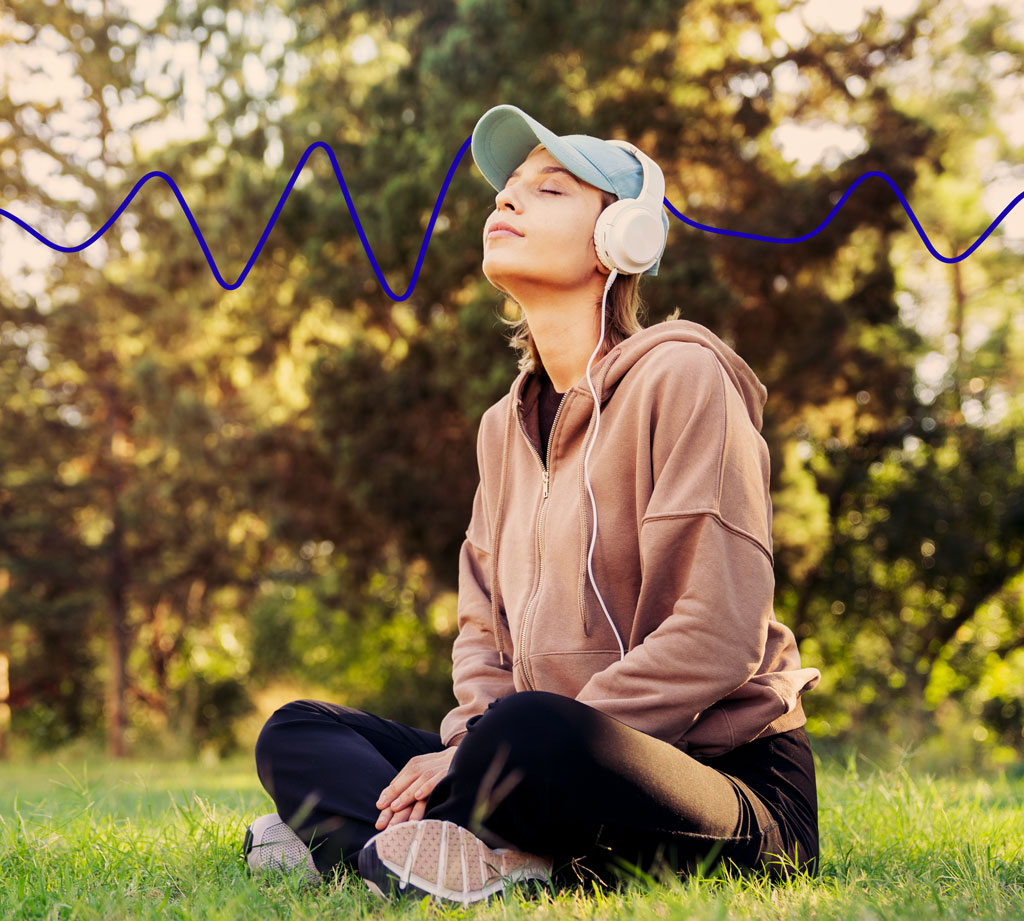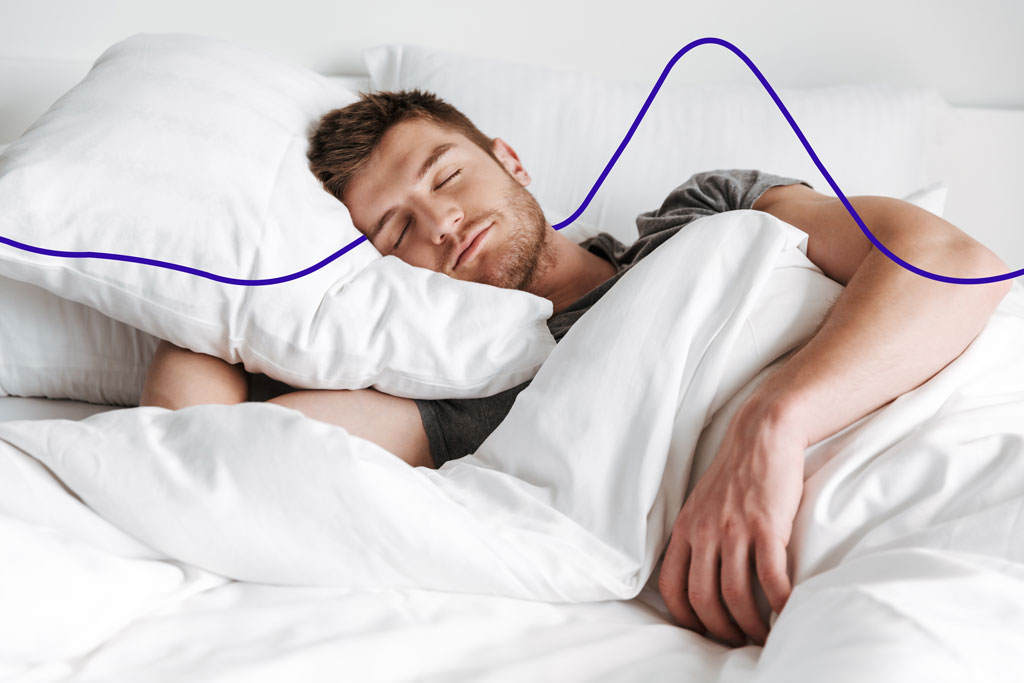The Brain Dangers of Diet and Regular Soda

Why both sugar-sweetened and artificially sweetened sodas could harm your brain—and how to retrain your cravings for healthier options.
From Chaos to Calm: How to Introduce Mindfulness to Your Kids

The word mindfulness is gaining tremendous attention, and there’s a good chance you’ve heard the word. It’s been called everything from “the new yoga” to “the antidote to stress,” and it’s often presented as the modern-day solution to life’s chaos. But beyond the hype, what does it actually mean?
Mind Over Match: The Brain’s Role in Elite Hand-Eye Coordination

As the tennis world turns its gaze toward the final Grand Slam of the year – the US Open – fans and analysts alike wonder: What gives players like Novak Djokovic the edge in high-stakes matches? It’s not just powerful serves, tireless footwork, or precise forehands. It’s something more elusive and profound: the mind.
Supercharge Your Brain in 7 Minutes: 14 Quick Power-Ups

Have you ever hit a mental slump right before a big meeting or while trying to study for an exam? Maybe you’ve found yourself staring blankly at your screen, willing your brain to focus. What if you could give your brain a powerful reboot—in just seven minutes? Sounds too good to be true, but with the right strategies, it’s absolutely possible.
The Power of Music Therapy and Brain Fitness – A Holistic Approach to Treating Depression

Music has a profound ability to reach deep into our emotions and alter our mental state. Recent research highlighted by Medical News Today underscores the effectiveness of music therapy, particularly for those dealing with treatment-resistant depression. A key discovery in this research is that the success of music therapy heavily depends on a crucial factor: personal enjoyment.
Practice Mindful Parenting with Your Children Using BrainTap

Imagine helping your child manage their emotions, improve focus, and manage stress—all while having fun. It may sound too good to be true, but mindfulness makes this possible. For parents looking to build lifelong mental wellness habits in their children, mindfulness for kids is a game-changing tool that fosters emotional regulation, self-awareness, and balance.
Busy Life? Unwind and Relax Deeply with BrainTap

In a world filled with endless to-do lists, constant notifications, hustle culture, and demanding schedules, unmanaged stress has become like that relative of yours who isn’t invited but shows up at your doorstep anyway. Whether you’re juggling work, family, or personal growth, the pressure can feel overwhelming. However, there is a simple yet powerful solution to help you find calm and clarity—meditation.
A Blueprint for Happiness: The Science of Personal Growth

Personal growth is an ongoing journey of self-improvement, learning, and resilience. It involves cultivating habits, mindset shifts, and behaviours that enhance overall well-being and happiness. While the idea of self-betterment has existed for centuries, modern psychology—particularly the field of positive psychology—provides actionable insights into what truly nurtures happiness and fulfilment.
Trouble Sleeping? Try guided meditation for deep and relaxing sleep.

Sleep is crucial for overall health, yet many struggle with stress, digital distractions, and irregular schedules. Quality of sleep matters more than the number of hours you sleep. If you find yourself tossing and turning at night, guided meditation can help calm the mind and promote better sleep by easing the transition to better sleep.
Hack Your Holiday Stress: Mindfulness Meditation for a Peaceful Thanksgiving

The holiday season is a time for joy and togetherness, but it often brings its fair share of challenges. Thanksgiving, in particular, can feel like a whirlwind of emotions as we juggle family gatherings, meal preparations, and travel plans, all while managing our usual responsibilities. Fortunately, you can navigate this season with peace and mindfulness by embracing the calming benefits of mindfulness meditation. With tools like BrainTap, integrating mindfulness into your routine can make for a more serene Thanksgiving.
